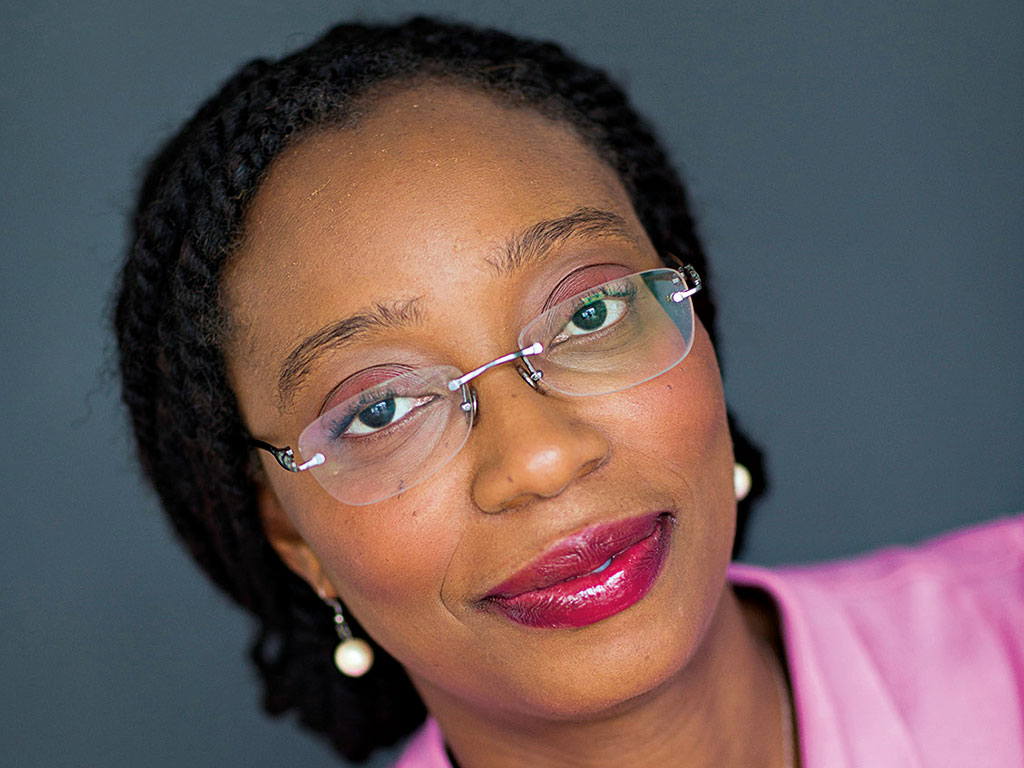
Why aren’t more women joining EMBA programmes? Women face different challenges than men. Those who feel they have a glass ceiling within their company do not believe that an EMBA degree will help them climb the corporate ladder. However, Amaka Ezike, a current student on the Kellogg-WHU Executive MBA programme based in Germany, views this challenge in a different light: “As a woman I have to compete in a world that is dominated by men, especially in the field of finance. Even if you’re good at what you do, as a woman, you always have to prove yourself. So, an EMBA is a good stamp to show that I am just as capable as any man.”
Cost issues
In addition, financial support is still a hurdle for many women who make less than their male counterparts, as well as the format and structure of the typical EMBA programme, which needs to be flexible enough for women who already have to juggle jobs and families. “I applied for a female scholarship, awarded by both the MBA for Women Foundation and the WHU Scholarship Fund. These types of scholarships are really helpful, especially in my case, because in Nigeria our currency is constantly depreciating and financial support is crucial. I had help from family and friends back home, but it was still not enough to cover all expenses. The biggest challenge was definitely the cost aspect. I also chose to do an EMBA because it allowed me to keep my full-time job and continue earning money”, added Ezike.
The diversity of personalities within the classroom enriches the learning experience by bringing different perspectives, values, and backgrounds
EMBA programmes should push even further and find ways to empower women to pursue an EMBA, as the diversity of personalities within the classroom enriches the learning experience by bringing different perspectives, values, and backgrounds. Women need encouragement, support, and role models. That is why fostering female support groups, both during and after the programme, is very important. In addition, EMBA programmes should optimise their learning formats, offering more flexibility and less time away from work and home. The Kellogg-WHU Executive MBA programme constantly improves its structure to adapt to women’s expectations. In addition, the programme offers workshops and coaching sessions targeting females.
Pursuing goals
“The initial attraction of the programme was how flexible it is. I expected to meet people from different countries; what I didn’t expect was that people would fly in from faraway places. My classmates come from all over the world. So, I can ask questions like ‘what is happening in Colombia right now?’ without waiting until next year for the global electives”, Ezike observed.
EMBA programmes need to better understand women’s expectations, both during and after the programme. With an EMBA education, many women seek to become more confident in their decision-making, and have a strong brand and degree to back them up. Some, like Ezike, want to start their own businesses and gain the necessary knowledge and skills to become successful female leaders. “What triggered me to do an MBA was that I decided to start my own business. I asked myself what kind of life I wanted. I wanted to be more in control of my time and also do something that added value. I had a lot of business ideas, but didn’t know how to get from ideas to a successful business. That’s why I decided an EMBA would be the right thing to do. And, because I had all these entrepreneurial ideas in my head, I looked for an MBA with a strong focus on entrepreneurship”, Ezike concluded.

